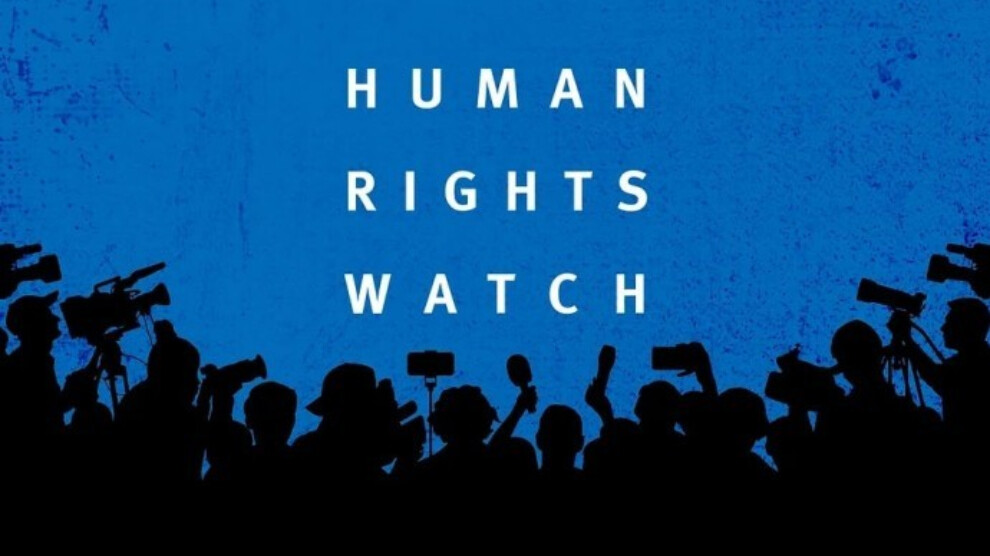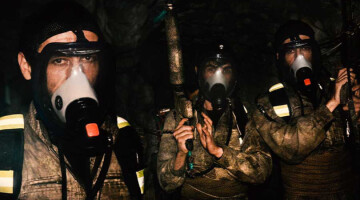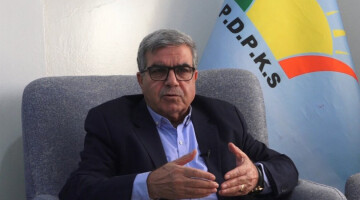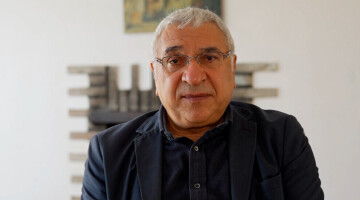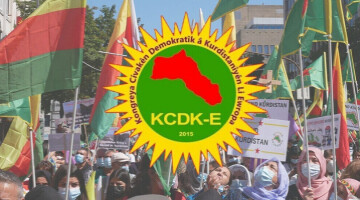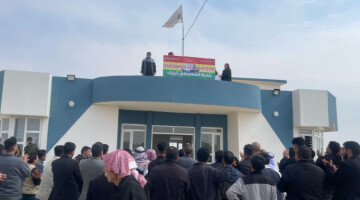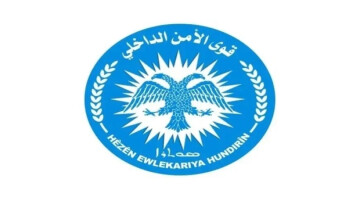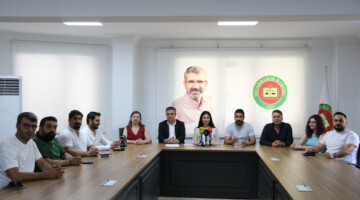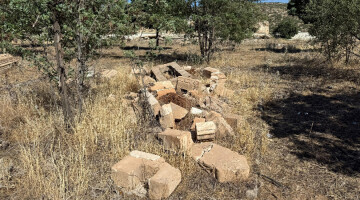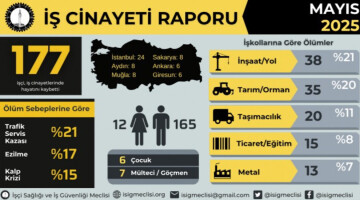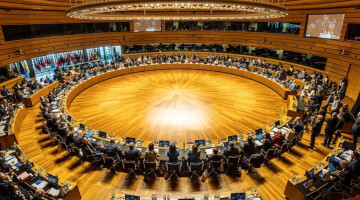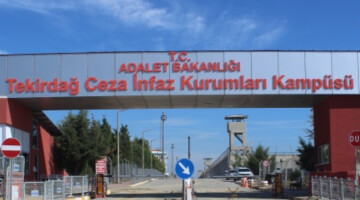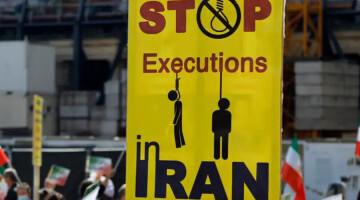Politically motivated court decisions and signs of power struggles in the justice system following the re-election of President Recep Tayyip Erdoğan threatened to up-end Turkey’s rule of law framework during 2023, Human Rights Watch said today in its World Report 2024. In Turkey’s centennial year, its media was subjected to censorship and independent news outlets face arbitrary fines and prosecution.
Erdogan won a third term as president, in the May 28 election, following a May 14 victory for his Justice and Development Party-led coalition in the parliamentary elections.
“Erdoğan’s victory at the polls was rapidly followed by power struggles in the judiciary and politicized decisions by courts, demonstrating the deep erosion of human rights and the rule of law in the country,” said Hugh Williamson, Europe and Central Asia director at Human Rights Watch. “Turkey’s human rights record in its centennial year included a muzzled media and political opponents routinely targeted and punished.”
In the 740-page World Report 2024, its 34th edition, Human Rights Watch reviews human rights practices in more than 100 countries. In her introductory essay, Executive Director Tirana Hassan says that 2023 was a consequential year not only for human rights suppression and wartime atrocities but also for selective government outrage and transactional diplomacy that carried profound costs for the rights of those not in on the deal. But she says there were also signs of hope, showing the possibility of a different path, and calls on governments to consistently uphold their human rights obligations.
In September, Turkey’s Court of Cassation doubled down on its defiance of the European Court of Human Rights by upholding the groundless convictions of the human rights defender Osman Kavala and four others for their alleged role in the 2013 protests over development plans for Istanbul’s Gezi Park. The Court of Cassation flouted a Constitutional Court order by blocking the release of a Gezi trial defendant, Can Atalay, from prison to take up the parliamentary seat he won in the May elections.
Other actions during 2023 causing concern have been restrictions on the media, online censorship, bans on protest and abuse of criminal proceedings against journalists, human rights defenders, politicians, social media users and others. Incidents of police and gendarmerie torture and ill-treatment increased in the aftermath of the deadly February 6, 2023 earthquakes in southeast provinces of the country. The government used hateful rhetoric against lesbian, gay, bisexual and transgender people in the run-up to the May elections, prolonged the detention of Kurdish politicians on politically motivated charges, and increased deportations of refugees and migrants.

